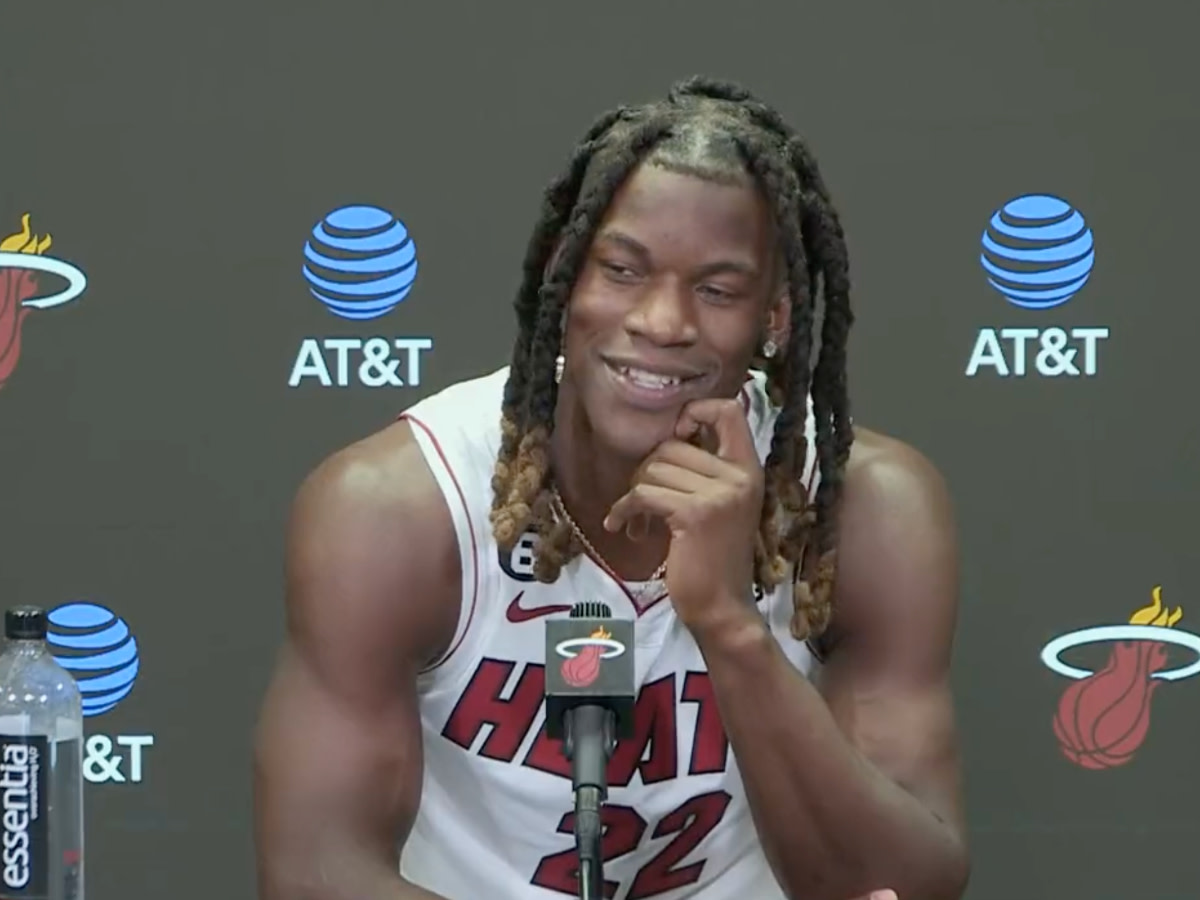The Zuckerberg-Trump Dynamic: Impact On Social Media And Beyond

Table of Contents
Facebook's Role in Trump's Rise and Political Strategy
Facebook’s algorithms and newsfeed played a significant role in amplifying Trump’s message and contributing to his electoral success. This symbiotic relationship between the platform and the politician highlights the power of social media in shaping public opinion.
Amplification of Trump's Message
- Targeted Advertising: Trump's campaigns effectively utilized Facebook's targeted advertising capabilities to reach specific demographics with tailored messages, bypassing traditional media gatekeepers.
- Viral Content: Many of Trump's posts, often controversial or provocative, went viral, generating massive engagement and media coverage. The algorithm rewarded this engagement, further amplifying his reach.
- Emotional Appeals: Trump's messaging relied heavily on emotional appeals, a strategy that proved highly effective on Facebook's platform, where emotional content tends to spread more rapidly. This emotional resonance often bypassed fact-checking and critical analysis.
Lack of Fact-Checking and Regulation
Initially, Facebook's approach to fact-checking and content moderation was criticized as being too lenient, particularly regarding misleading or false information posted by Trump and his supporters.
- Controversial Posts: Numerous instances of factually inaccurate or inflammatory posts went unchecked for extended periods, contributing to the spread of misinformation.
- Freedom of Speech vs. Responsibility: The debate surrounding freedom of speech versus the platform's responsibility to curb the spread of harmful content became a central theme in the Zuckerberg-Trump dynamic.
- Impact on Public Opinion: The unchecked spread of misinformation created a climate of distrust and contributed to the polarization of public opinion.
The Impact on Political Discourse
Facebook's platform, with its algorithmic amplification and lack of robust fact-checking, facilitated the polarization of political discourse and the spread of extremist views.
- Online Harassment and Hate Speech: The platform struggled to effectively address the rise of online harassment, hate speech, and the spread of divisive rhetoric.
- Echo Chambers and Filter Bubbles: Facebook's algorithms contributed to the formation of echo chambers and filter bubbles, where users were primarily exposed to information confirming their existing biases.
- Erosion of Trust in Mainstream Media: The proliferation of misinformation on Facebook eroded trust in traditional media outlets and fueled skepticism towards established institutions.
The Controversies and Backlash
The Zuckerberg-Trump dynamic generated significant controversy and resulted in intense scrutiny of Facebook's practices and policies.
Jan 6th Capitol Riot and its Aftermath
The January 6th Capitol riot served as a turning point, prompting Facebook to temporarily ban Trump from the platform. This decision, however, sparked fierce debate over censorship and the power of social media companies.
- Criticisms of Facebook's Response: Facebook faced widespread criticism for its perceived slow and inadequate response to the spread of extremist content leading up to the riot.
- Debate over Censorship: The ban on Trump ignited a vigorous debate about censorship, platform responsibility, and the potential for social media companies to influence elections.
- Long-Term Consequences for Social Media Regulation: The events surrounding January 6th accelerated the call for greater social media regulation and accountability.
Congressional Hearings and Regulatory Scrutiny
Numerous congressional hearings and investigations examined Facebook's role in spreading misinformation and influencing elections, placing Zuckerberg and Facebook under intense pressure.
- Key Findings of Investigations: Investigations revealed shortcomings in Facebook's content moderation policies and highlighted the potential for foreign interference in elections via the platform.
- Proposed Regulations and Legislation: The hearings led to proposals for new regulations and legislation aimed at increasing social media transparency and accountability.
- Ongoing Debate about Social Media Accountability: The debate about holding social media companies accountable for the content shared on their platforms continues.
The Impact on Facebook's Reputation and Stock Price
The controversies surrounding the Zuckerberg-Trump dynamic negatively impacted Facebook's public image and its financial performance.
- Stock Market Fluctuations: Facebook's stock price experienced fluctuations as investors reacted to the ongoing controversies and regulatory scrutiny.
- Boycotts and Public Pressure: Facebook faced boycotts and public pressure campaigns from various groups concerned about its handling of misinformation and political advertising.
- Shift in Public Perception of Facebook: The controversies significantly altered public perception of Facebook, leading to increased calls for reform and stricter regulation.
The Broader Implications for Social Media and Democracy
The Zuckerberg-Trump dynamic has profound implications for the future of social media, democratic processes, and the way we understand the power of information.
The Future of Social Media Regulation
The debate surrounding the need for greater regulation of social media platforms continues to intensify.
- Different Regulatory Approaches: Discussions include various approaches, from self-regulation by tech companies to government intervention and independent oversight.
- Balancing Free Speech with Platform Responsibility: The key challenge lies in finding a balance between protecting free speech and ensuring that social media platforms are not used to spread misinformation or incite violence.
- Potential Impact on Innovation: Overly stringent regulations could stifle innovation within the social media industry.
The Power of Social Media in Shaping Public Opinion
The Zuckerberg-Trump dynamic underscores the immense power of social media in shaping public opinion and influencing political outcomes.
- The Role of Algorithms: Algorithms play a crucial role in determining what information users see and how it is presented.
- The Spread of Fake News: The ease with which fake news and misinformation can spread on social media platforms poses a significant threat to democratic processes.
- The Need for Media Literacy: Critical thinking skills and media literacy are essential to navigate the complexities of online information.
The Long-Term Effects on Political Participation
The Zuckerberg-Trump dynamic may have long-term consequences for political participation, voter turnout, and trust in institutions.
- Increased Political Polarization: The spread of misinformation and the formation of echo chambers have contributed to increased political polarization.
- Changes in Voting Patterns: The influence of social media on voting patterns and electoral outcomes remains a subject of ongoing research.
- Impact on Civic Participation: The decline in trust in institutions, fueled in part by the spread of misinformation, may impact civic participation and engagement.
Conclusion
The Zuckerberg-Trump dynamic represents a watershed moment in the relationship between social media, political communication, and democratic processes. The analysis presented here highlights the significant role Facebook played in amplifying Trump's message, the controversies surrounding platform responsibility, and the ongoing debate about social media regulation. The long-term implications are far-reaching, impacting public trust, political discourse, and the future of democratic participation. It is crucial to engage in ongoing discussion and research on the Zuckerberg-Trump dynamic and its continuing consequences. We must critically examine the information we encounter online and advocate for responsible social media practices to ensure a more informed and democratic future. Understanding the intricacies of the Zuckerberg-Trump dynamic is paramount to navigating the complexities of the digital age and safeguarding democratic values in the face of evolving social media landscapes.

Featured Posts
-
 Padres Vs Pirates Mlb Game Prediction Best Picks And Odds
May 16, 2025
Padres Vs Pirates Mlb Game Prediction Best Picks And Odds
May 16, 2025 -
 Hudson Bay Granted Court Approval For Extended Creditor Protection
May 16, 2025
Hudson Bay Granted Court Approval For Extended Creditor Protection
May 16, 2025 -
 Nba Fans React To Jimmy Butlers Injury Will He Play Against Warriors Rockets
May 16, 2025
Nba Fans React To Jimmy Butlers Injury Will He Play Against Warriors Rockets
May 16, 2025 -
 Foot Locker Fl Q4 2024 Earnings Analysis Of The Lace Up Plan Progress
May 16, 2025
Foot Locker Fl Q4 2024 Earnings Analysis Of The Lace Up Plan Progress
May 16, 2025 -
 Resultado Penarol Olimpia Victoria 2 0 Para Olimpia Resumen
May 16, 2025
Resultado Penarol Olimpia Victoria 2 0 Para Olimpia Resumen
May 16, 2025
